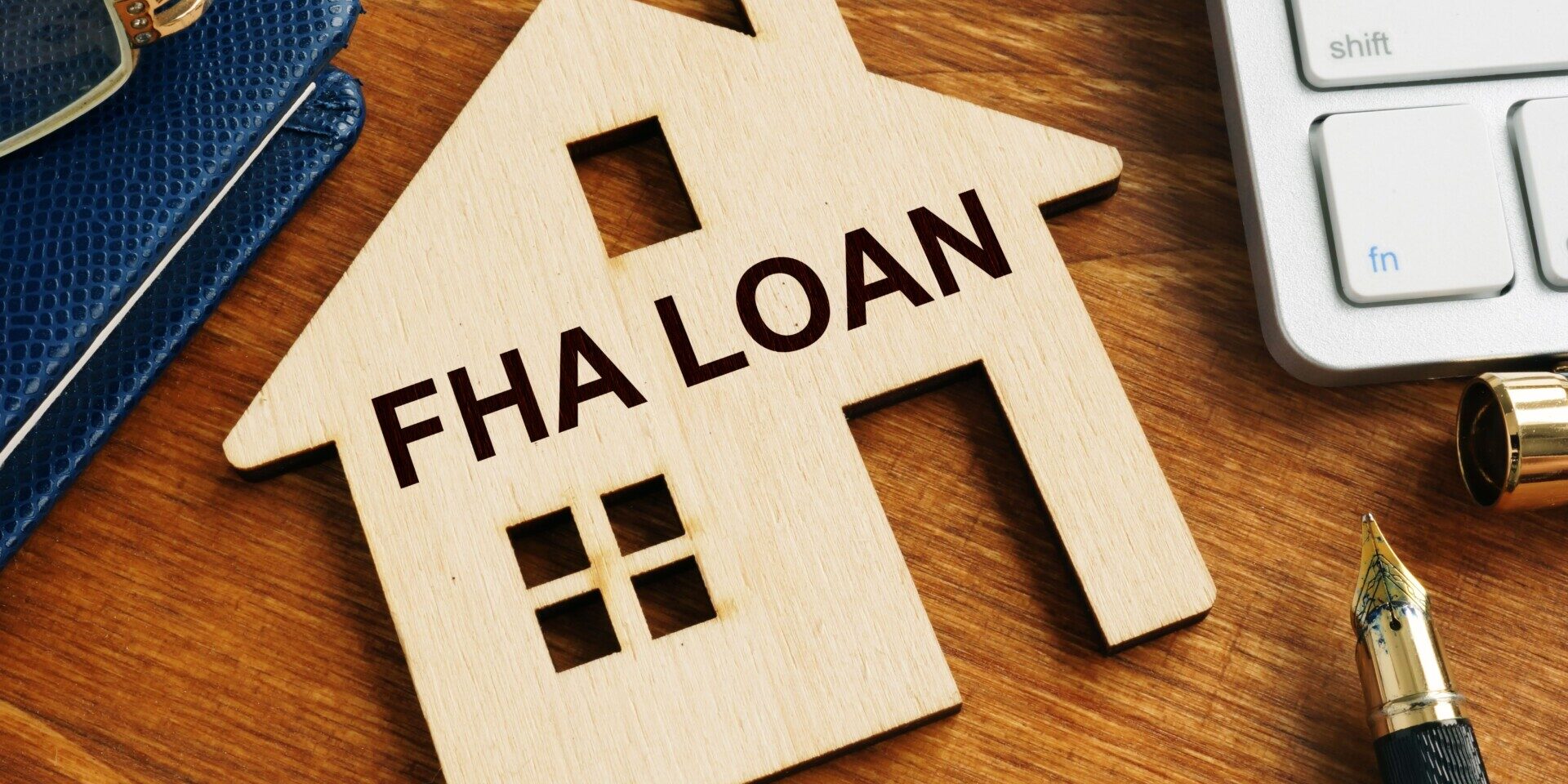Feeling overwhelmed by the mortgage options out there? You’re not alone. Navigating the mortgage landscape can be daunting, but there’s one loan program designed specifically to make homeownership more accessible for you – FHA Mortgage Loans. In this guide, we’ll explore what FHA loans are, why they’re significant, and how they could be your ticket to owning a home.
What Are FHA Mortgage Loans?
Federal Housing Administration (FHA) mortgage loans are government-backed loans aimed at helping more Americans become homeowners. Unlike conventional loans, FHA loans are insured by the government, which reduces the lender’s risk. This insurance allows lenders to offer more favorable terms to borrowers who might not qualify for conventional loans. FHA loans are particularly popular among first-time homebuyers due to their lower down payment requirements and more lenient credit score criteria.
Why FHA Loans Matter for First-Time Homebuyers
First-time homebuyers often face hurdles like having a limited credit history or struggling to save for a down payment. FHA loans address these issues head-on, making it easier for first-time homebuyers to secure financing. Whether you’re looking to buy your first home or considering refinancing, an FHA loan could be the solution you’ve been searching for.
Eligibility Criteria for FHA Loans
It’s important to understand the eligibility criteria to determine if you qualify for an FHA loan. These criteria can differ slightly from those of conventional loans, making FHA loans more accessible to a broader audience.
Credit Score Requirements: One of the biggest advantages of FHA loans is their flexible credit score requirements. While conventional loans often require a credit score of 620 or higher, FHA loans can be obtained with a credit score as low as 500. However, if your score falls between 500 and 579, be prepared to make a larger down payment of at least 10%. With a credit score of 580 or higher, you’ll only need to put down 3.50%.
Down Payment: Speaking of down payments, FHA loans require significantly less upfront cash than conventional loans. A down payment of just 3.50% of the home’s purchase price makes it easier for first-time buyers to afford a home. For example, on a $200,000 house, this comes out to $7,000 – far less than the $40,000 typically required for a 20% down payment.
Debt-to-Income Ratios: Your debt-to-income (DTI) ratio is another important factor in qualifying for an FHA loan. Generally, FHA loans allow for a higher DTI ratio than conventional loans. Your total monthly debt payments should not exceed 43% of your gross monthly income, which is the total income you earn before taxes and other deductions. However, some lenders may approve loans with DTI ratios as high as 50%.
Advantages of FHA Loans
Now that we’ve covered the basics, let’s talk about the benefits that make FHA loans so attractive to first-time homebuyers.
Lower Down Payment: As we’ve previously discussed, the low-down payment requirement is often the most compelling reason to choose an FHA loan. Savings thousands of dollars on a down payment can make the difference between renting and owning a home.
Flexible Credit Requirements: With more lenient credit requirements, FHA loans provide opportunities for those with less-than-perfect credit to secure a mortgage. This inclusivity opens doors for many first-time homebuyers who might otherwise be denied a loan.
Financial Assistance: FHA loans also allow for financial assistance from family members, employers, or charitable organizations. This means you can receive gifts or grants to help cover your down payment and closing costs, making homeownership even more attainable.
Limitations of FHA Loans
While FHA loans offer numerous benefits, they also come with certain limitations that you should consider before applying.
Loan Limits: FHA loans have maximum loan limits that vary by location. These limits can be lower than those for conventional loans, which may be a drawback if you’re looking to buy a more expensive home. Be sure to check the FHA loan limits in your area to ensure they align with your home-buying project. You can check the specifics at HUD.gov.
Mortgage Insurance Premiums: Unlike conventional loans that often require Private Mortgage Insurance (PMI), FHA loans require you to pay Mortgage Insurance Premiums (MIP). You’ll need to pay an upfront MIP at closing and an annual MIP for the life of the loan, which can add up over time. This additional cost is something to factor into your budget when considering an FHA loan.
Property Restrictions: FHA loans also come with property restrictions. The home you intend to purchase must meet certain safety and livability standards set by the FHA. This means fixer-uppers or homes in poor condition may not qualify for an FHA loan.
The Application Process for FHA Loans: Applying for an FHA loan involves several steps, but understanding the process can make it much smoother. Here’s a step-by-step guide to help you get started.
Pre-Qualification: The first step is to get pre-qualified by a lender at Park View Federal Credit Union, or another lender that offers FHA loans. During this process, the lender will review your credit score, income, and other financial information to estimate how much you can afford to borrow. Pre-qualification gives you a clear idea of your budget and makes you a more attractive buyer to sellers.
Finding a Home: Once pre-qualified, you can begin your home search. Keep in mind the FHA property standards and loan limits in your area to ensure the homes you’re considering qualify for an FHA loan. Working with a knowledgeable real estate agent can be incredibly beneficial during this stage.
Loan Application: After you’ve found your dream home and had your offer accepted, you’ll need to complete a formal loan application. This involves providing detailed financial documents, such as tax returns, pay stubs, and bank statements. Your lender will also order an appraisal to ensure the home’s value meets the loan amount.
Closing: Once your application is approved, you’ll move to the closing stage. Fortunately, Park View Federal Credit Union partners with Members Title to ensure a smooth closing experience. During closing, you’ll sign the required paperwork, pay your closing costs and the upfront mortgage insurance premium, and officially become a homeowner. Congratulations!
Tips for Success with FHA Loans
To maximize your chances of FHA loan approval and make the most of its benefits, consider these practical tips.
- Improve Your Credit Score Even though FHA loans have flexible credit requirements, a higher credit score can still improve your terms and lower your interest rate. Pay off outstanding debts, avoid new credit inquiries, and make timely payments to boost your score before applying.
- Save for a Larger Down Payment: While a 3.50% down payment is appealing, putting down more money upfront can reduce your loan amount and monthly payments. If possible, aim to save a bit more to minimize your overall debt.
- Get Financial Assistance: Don’t hesitate to seek financial assistance. Many first-time homebuyers take advantage of gifts or grants to help with their down payment and closing costs, making homeownership more affordable.
FHA mortgage loans are a viable and attractive option for any homebuyer, but especially first-time homebuyers. They offer numerous benefits, such as lower down payment requirements and flexible credit criteria, making homeownership more accessible. However, it’s important to be aware of the limitations, such as loan limits and mortgage insurance premiums.
If you’re ready to explore FHA loans further and start your home buying journey, visit our website at pvfcu.org/mortgage. Owning your dream home might be closer than you think. Happy house hunting!
Share This
You May Also Like
Understanding Trigger Leads and Protecting Your Privacy
Strategies to Get the Lowest Mortgage Rate Every First-Time Home Buyer Should Know
Hybrid HELOC: A Smarter Way to Access Home Equity
Want to learn more?
Discover additional resources and other financial topics by visiting our Financial Education Center.

 Now Park View makes it even easier to schedule an appointment with one of our service representatives.
Now Park View makes it even easier to schedule an appointment with one of our service representatives.


